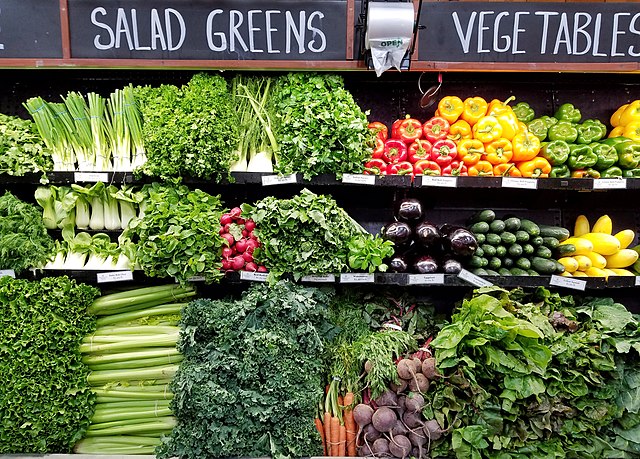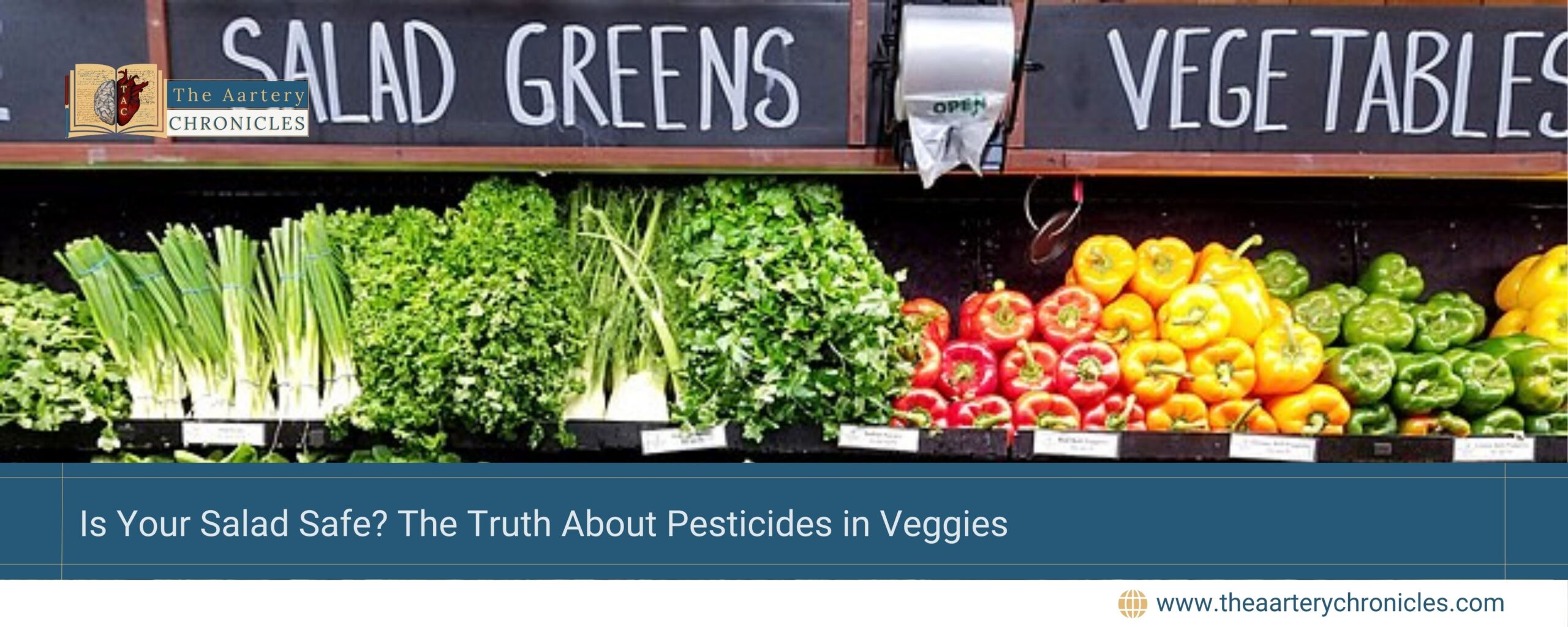

Is Your Salad Safe? The Truth About Pesticides in Veggies
Leafy vegetables are renowned for their nutritional value but are also prone to high pesticide contamination. This duality poses significant health risks, as highlighted by a recent tragic incident in Sri Ganganagar district, Rajasthan. A young girl tragically passed away after eating a cabbage leaf contaminated with pesticides from her family’s field.
This unfortunate event underlines the importance of addressing pesticide use in farming and its impact on human health.
A Tragic Case: Pesticides Turn Fatal
On December 18, a 14-year-old girl plucked and ate a cabbage leaf from her family’s field in Sri Ganganagar. Unbeknownst to her, the cabbage had been sprayed with pesticides. Soon after, she began feeling nauseous and informed her family about her discomfort. Despite being admitted to a hospital, she passed away after a week of treatment, on December 24.
An investigation revealed that pesticides sprayed by her uncle on the field were responsible for her illness and eventual death. A police report was filed the following day, shedding light on this tragic and preventable loss of life.
Pesticides: A Necessary Evil in Farming
Pesticides are widely used to combat pests and diseases that can severely affect crop yield. According to a report by the International Journal of Current Microbiology and Applied Sciences, insect pests alone can cause annual yield losses ranging from 40% to 100%. Common pesticides used in cabbage farming include chemicals like Chlorpyrifos, Acephate, and Monocrotophos.
However, improper application or lack of awareness about pesticide safety can lead to harmful consequences, as seen in the Sri Ganganagar case.
Common Pesticides and Their Health Risks
Pesticides commonly used on leafy vegetables include:
- Pyrinex 48 EC and Perferthion
- Pyrethroids (e.g., Lambda Super, Attack, Regent 50SC)
- Bypel, which contains viral and bacterial agents.
These chemicals are effective against pests but leave residues on produce, posing potential health hazards.
Side Effects of Pesticides
- Digestive issues: Nausea, vomiting, abdominal cramps, and diarrhea.
- Neurological problems: Headaches, dizziness, and confusion.
- Respiratory issues: Shortness of breath, coughing, and throat irritation.
- Skin and eye irritation: Rashes, redness, and itching upon contact.
Long-term exposure is linked to serious conditions like cancer, weakened immunity, and hormonal disruptions.
Vegetables Most Prone to Pesticide Contamination
The Environmental Working Group (EWG) releases a yearly “Dirty Dozen” list, showcasing fruits and vegetables with the highest levels of pesticide residues. Vegetables that often top this list include:
- Spinach: Contamination by organophosphates can lead to neurological and long-term health concerns.
- Kale: Frequently treated with herbicides and insecticides, kale poses digestive risks and potential long-term effects.
- Collard Greens: Similar to kale and spinach, collard greens often carry pesticide residues that can harm health over time.
- Tomatoes: Pesticides used on tomatoes can have carcinogenic effects if consumed in large quantities.
- Celery: Pesticides in celery are linked to hormonal disruptions and other health issues.
Steps to Minimize Pesticide Risks
- Wash produce thoroughly: Rinse leafy greens under running water to remove surface residues.
- Soak in salt water or vinegar: This can help dislodge and dissolve pesticides.
- Opt for organic produce: Organic vegetables are grown with minimal chemical inputs.
- Peel and cook: Removing outer leaves and cooking vegetables can reduce pesticide levels.
Conclusion
While leafy vegetables are essential for a healthy diet, their potential to harbor harmful pesticide residues is a serious concern. Awareness and proactive steps can help mitigate these risks, ensuring that vegetables remain a source of nutrition and not harm.
This tragic incident serves as a reminder to prioritize safe agricultural practices and educate consumers about the importance of food safety.
Source: Inputs from various media Sources
I’m a pharmacist with a strong background in health sciences. I hold a BSc from Delhi University and a pharmacy degree from PDM University. I write articles and daily health news while interviewing doctors to bring you the latest insights. In my free time, you’ll find me at the gym or lost in a sci-fi novel.









